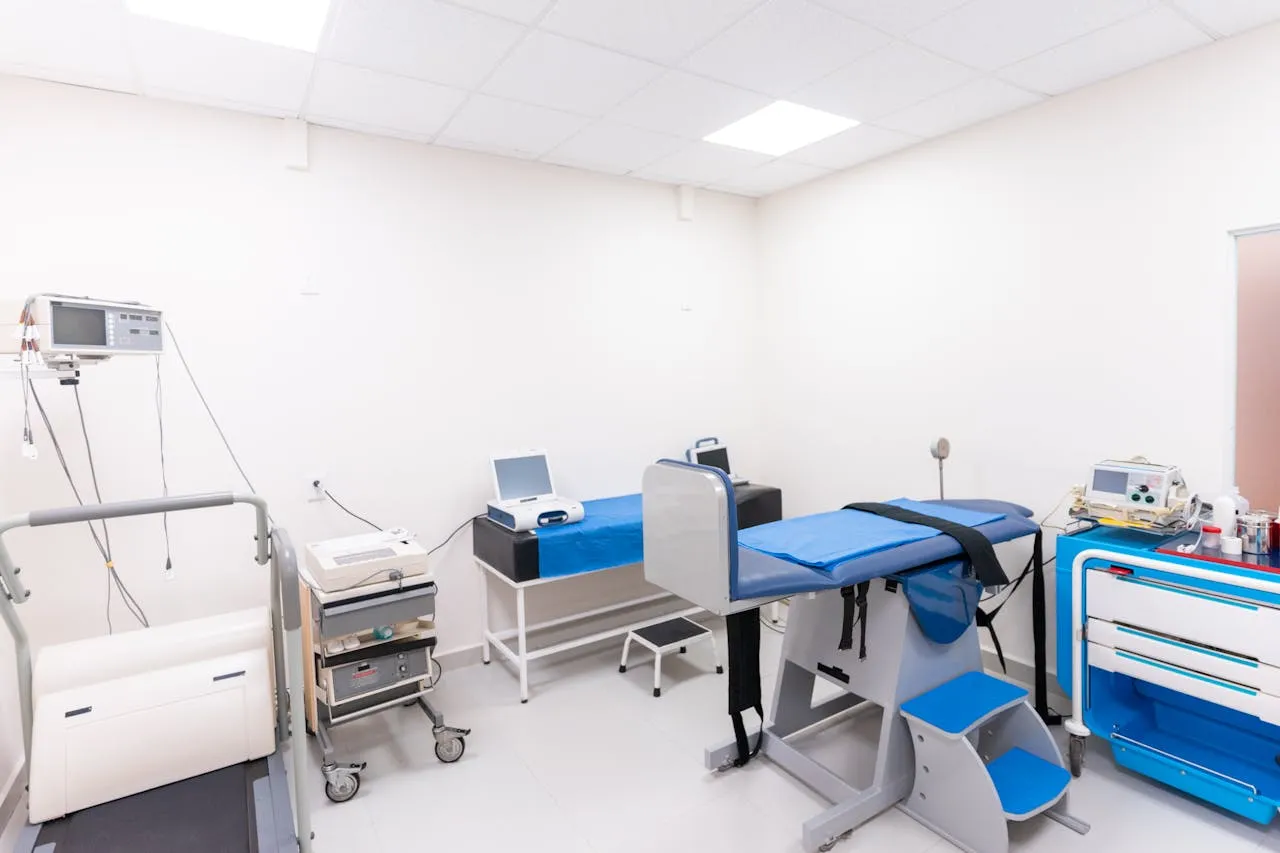
The World Health Organization (WHO) has welcomed the recently brokered ceasefire in Gaza, along with the hostage and prisoner release agreement. This development offers a glimmer of hope for millions of people whose lives have been devastated by the ongoing conflict. However, the challenges ahead to restore the region’s health system are monumental, underscoring the urgent need for global solidarity and action.
Immense Health Challenges
The scale of destruction and displacement in Gaza is staggering. The population has endured multiple displacements, with over 46,600 lives lost and more than 110,000 individuals injured. These figures are likely underreported, given the difficulties in gathering accurate data amidst the chaos. Tragically, an estimated 25% of those injured—around 30,000 people—face life-changing injuries, requiring long-term rehabilitation. Access to specialized health care is severely limited, and medical evacuations abroad remain slow and infrequent.
Gaza’s health infrastructure is in dire straits. Of the 36 hospitals in the region, only half remain partially operational, and nearly all have sustained damage or are partially destroyed. Primary health care centers are equally affected, with just 38% still functional. The destruction of these facilities has led to a significant increase in the transmission of infectious diseases, rising malnutrition rates, and the persistent threat of famine. Public order has deteriorated further, with armed gangs exacerbating the already fragile situation. The compounded impact of these crises underscores the urgent need for a coordinated response to address both immediate and long-term health challenges.
Complex Recovery Needs
The restoration of Gaza’s health system will require a herculean effort. The scale of destruction, operational challenges, and existing constraints make this task particularly daunting. Billions of dollars in investment will be necessary to rebuild the health infrastructure, replenish medical supplies, and reestablish a functional health workforce. This recovery will depend on unwavering support from international donors and the global community.
WHO is prepared to lead this effort in collaboration with UN health partners, including UNFPA, UNICEF, UNRWA, and 67 Health Cluster partners. However, the success of these efforts hinges on the removal of security obstacles that currently hinder operations. It is essential to establish conditions that enable systematic access to the population across Gaza. This includes ensuring the unrestricted flow of aid through all available borders and routes and lifting restrictions on the entry of essential items such as medical supplies and equipment.
Equally critical is the protection of civilians and healthcare workers. Medical evacuations for over 12,000 patients requiring specialized care must be expedited through all possible routes. Strengthening the referral system to East Jerusalem and the West Bank, along with addressing logistical challenges such as road repairs, rubble removal, and the remediation of unexploded ordnances, will be vital to restoring functionality.
Strategic Response Plan
To address these urgent needs, WHO and its partners have developed a comprehensive 60-day plan focused on the restoration and expansion of Gaza’s health system. This plan prioritizes several key response areas:
- Trauma and Emergency Care: Enhancing the capacity to manage life-threatening injuries, including increasing bed capacity in hospitals and providing essential medical supplies.
- Primary Health Care: Expanding access to comprehensive primary health services, particularly in underserved and newly accessible areas.
- Child Health and Nutrition: Addressing the alarming rates of malnutrition through infant and young child feeding programs, alongside expanded immunization efforts.
- Noncommunicable Diseases (NCDs): Ensuring continuity of care for chronic conditions such as diabetes and hypertension, which have been severely disrupted.
- Sexual and Reproductive Health and Rights (SRHR): Providing essential services for maternal and reproductive health.
- Rehabilitation Services: Supporting those with life-changing injuries through physical and psychological rehabilitation.
- Mental Health and Psychosocial Support (MHPSS): Addressing the widespread mental health impact of the conflict, particularly among children and displaced populations.

Scaling Up Operations
Given the enormity of the task, WHO is mobilizing critical supplies and resources to deliver aid to Gaza. A top priority is the assessment and rehabilitation of partially damaged health facilities in areas with the greatest need. Efforts are underway to integrate prefabricated clinics and hospitals with existing facilities to enhance service delivery. Additionally, WHO is supporting the hiring and redistribution of national health workers and increasing the deployment of international health workers to fill critical gaps.
Referral processes for critical care within Gaza are being strengthened, and cross-border medical evacuations are being facilitated to ensure timely access to specialized care. Disease surveillance systems are being reinforced to prevent, detect, and manage outbreaks effectively. These efforts are particularly crucial given the high levels of malnutrition and the increased prevalence of infectious diseases.
WHO is calling on all parties involved in the conflict to honor their commitments under the ceasefire agreement and to work towards a sustainable political solution. The long-standing crisis in the occupied Palestinian territory must be addressed to achieve lasting peace and stability.
To support the immediate restoration of Gaza’s health system and meet the urgent needs of its population, WHO is appealing for a massive scale-up in funding. This includes investments in infrastructure, supply chains, and workforce development. The international community’s commitment will be pivotal in ensuring that the people of Gaza receive the care and support they desperately need.
While the ceasefire in Gaza offers a crucial respite, it also marks the beginning of an arduous journey towards recovery. The health challenges facing the region are immense, but they are not insurmountable. Through coordinated action, sustained funding, and the unwavering support of the global community, it is possible to rebuild a resilient health system that can serve as a foundation for broader recovery and peace in Gaza. WHO and its partners stand ready to lead this effort, but the collective will of all stakeholders will determine its success.
Read more: Ceasefire in Gaza Offers Hope Amidst Significant Challenges to Rebuild the Health System




